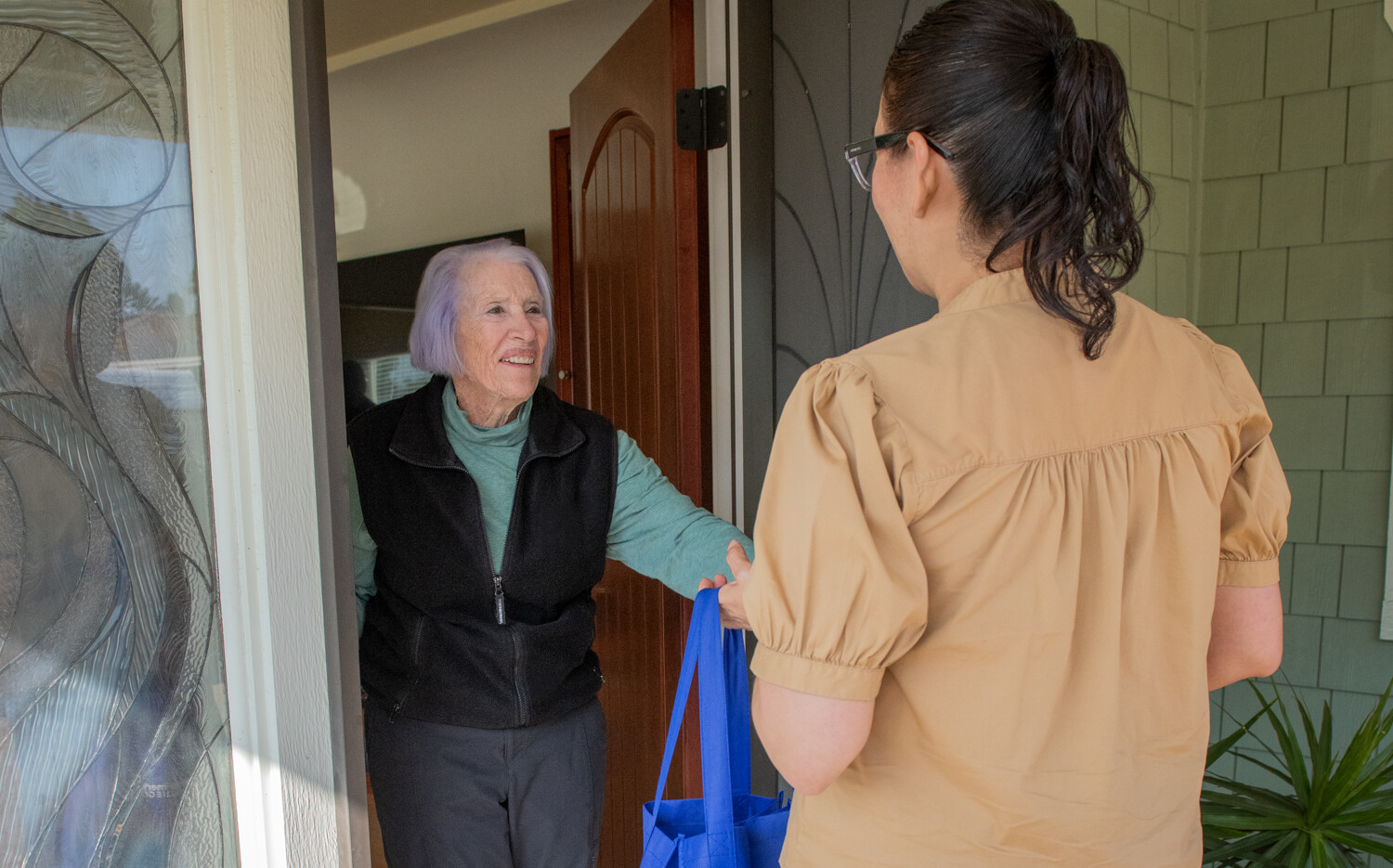
Going to the doctor can be a challenge for people experiencing memory loss, but it is important to receive medical care for diagnosis, symptom management, and maintenance of daily functioning. The following doctor’s appointment tips may help to ensure that visits are as smooth and beneficial as possible.
Addressing Reluctance to See the Doctor
People experiencing memory loss may refuse to go to the doctor for many reasons. For some people, anxiety and fear cause a desire to avoid what is seen as a stressful or unpleasant situation. For others, changes in the brain cause the person to lack awareness that anything is wrong with their memory or behavior. Here are some strategies to get a person experiencing memory loss to go to the doctor for a diagnosis or even just a routine checkup:
Strategy – Don’t argue; acknowledge their reality. Try framing the request as asking the person to help you to reduce your own worries.
Example – “I know you are healthy, and you feel you don’t need to see a doctor, but I would feel so much better knowing that you have a clean bill of health.”
Strategy – For those feeling anxious about memory changes, validate their fear and apprehension.
Example – “You seem worried about these changes. We need to ask the doctor if your medications [or hearing difficulties, blood pressure, etc.] could be responsible for your symptoms.”
Strategy – Schedule an appointment for both of you and focus on your own health needs.
Example – “I need to see the doctor today. Will you go with me?”
Strategy – Add another pleasurable event after the appointment.
Example – “After we go to the doctor, we will go to lunch at your favorite restaurant” or “After the doctor’s appointment, we will go see our grandchildren.”
Other Strategies
- Ask the doctor’s office to call and schedule an appointment with the person for a check-up, medication check, flu shot, etc.
- Ask the pharmacist to tell the person that a doctor’s visit is necessary to refill a prescription.
- Give the doctor’s office a call before the appointment to let them know you have concerns about the person’s health and explain their apprehension about seeing the doctor.
Tips for Getting to the Doctor’s Office
When a person is experiencing symptoms of dementia, sometimes just getting them out the front door can be a challenge. The following suggestions may help make the trip to the office easier:
- Some people become anxious before an appointment if they are told too far in advance. On the day of, get the person ready to go. If they question where you are going, answer honestly, but take the emphasis off the doctor by focusing on an enjoyable activity planned for afterwards.
- Take a third person along to help while you drive and help occupy the person while you wait.
- Allow plenty of travel time and know where you are going, including location of the building, entrance to use, and floor/suite number of the office.
- Call ahead and inform the nurse and/or doctor in advance about the person’s behavior if you will be waiting for a long period. Bring distractions along such as snacks, books, or pictures.
- Although rare, some doctors make home visits. A nurse practitioner or visiting nurse service may also be able to do an assessment and report to the physician for non-emergency issues.
General Doctor’s Appointment Tips
Decide what questions to prioritize. Doctors often only have a short amount of time to speak with each of their patients for the day. Make a list and rank concerns by importance. Talk about the most important items first and stay on topic.
Keep a log and bring it to the visit. Write down health changes and be specific about what is happening and how often. Include a list of all medications, including vitamins and over-the-counter drugs. This can also be used to take notes during the appointment.
Be honest. It is natural to feel embarrassed about certain health issues or habits that may be considered unhealthy. Remember that the doctor needs all the facts to suggest the best treatment.
Maintain reasonable expectations. Even the best doctors may not have all the answers, though they might be able to help find the information or provide a referral to a specialist. However, if a doctor regularly brushes off questions, symptoms, or other concerns, consider finding another doctor.
Check out our free education classes, support groups, social activities, & more. You may also call our office at 858.492.4400 to speak with one of our Clinical Care Coaches (Spanish speakers available).
RECOMMENDED: Alzheimer’s Disease Treatment Realities and Risks





